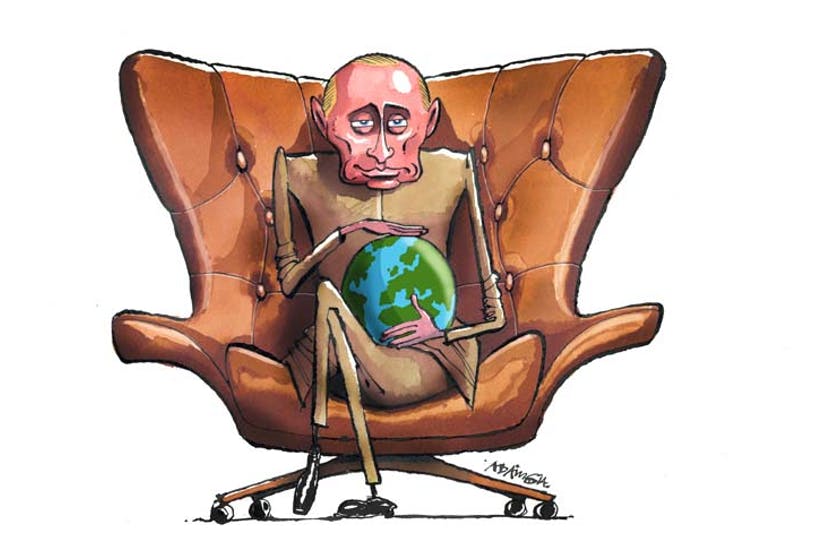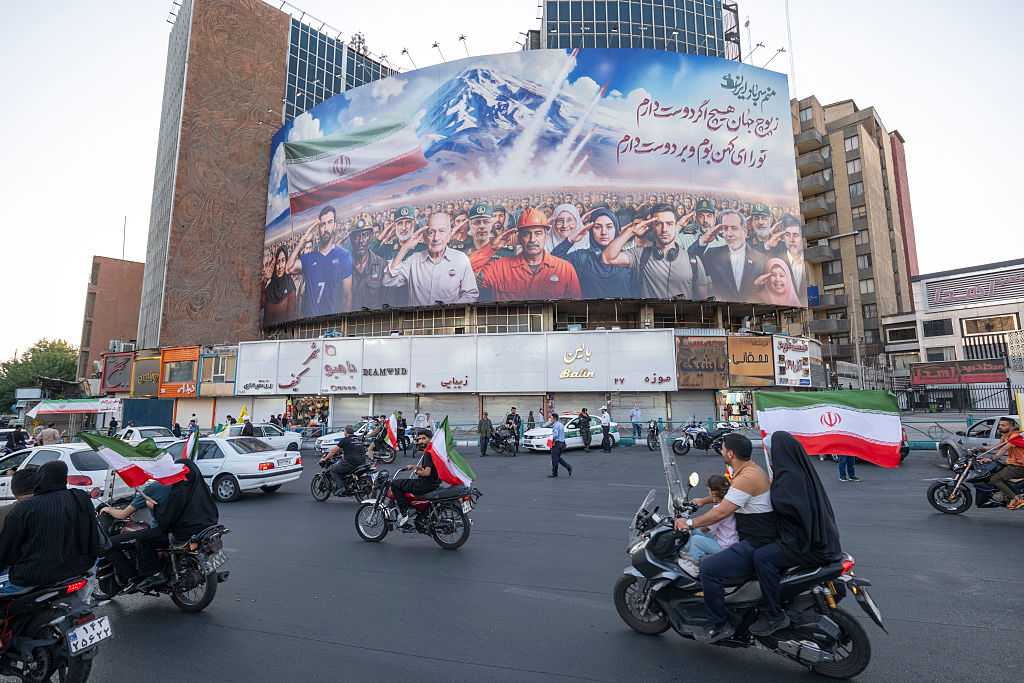Here is one fact about the war in Ukraine you need to understand: the longer it goes on, the more advanced Western arms will flow to Kyiv.
And that could mean that Russian president Vladimir Putin will feel he has no choice but to use tactical nuclear weapons to even the odds — no matter what happens as a result.
You think that sounds crazy, right? Well, let me ask you this: did you ever imagine Putin would invade Ukraine? That action alone casts doubts on how rational an actor he really is.
But let’s take a step back for a moment. In order to understand why Putin may very well consider using tactical nukes, let’s get a sense of where he thinks he stands in this war. While the Western press loves to glorify Ukraine’s recent victories, both sides have been bloodied badly, and Kyiv is only winning on one front thanks to billions of dollars of US military equipment. We are sending some of our best weapons of war to Ukraine as well as giving the Ukrainians intelligence to fight Russia in real time. This has led to some pretty big military losses for Moscow that will be hard to overcome.
Clearly the tone and tenor of this conflict have changed. No matter how you slice it, Washington is now waging a war against Russia — we are just using Kyiv’s soldiers to fight and die in the struggle. No wonder Putin is making nuclear threats.
To make matters worse, the Biden administration has engaged in one of the greatest leaps of military mission creep in American history — and Putin knows it. Forget trying to just keep Ukraine going as a viable state or preserve its so-called territorial integrity. That changed back in the spring, when President Biden said what many Washington foreign policy elites were thinking, that Putin must pay for his war in Ukraine, that he “cannot remain in power.”
Then there is the poor performance of the Russian armed forces on the battlefield across all military domains, something the Kremlin never expected. While there are many reasons why Moscow did not win a fast victory in Ukraine — I would say it was a combination of poor morale, bad intelligence, and Putin not striking as hard and fast as he could have — Putin seems doomed to wage an unwinnable conflict. He can try to press his conventional advantages in the air, cyber and manpower, but the West seems ready to keep sending ever more advanced military platforms to negate those advantages.
So where does this leave Putin? Making what I would say are very real and credible nuclear war threats that we must take seriously. In simulations I have run over the last year with groups of experts, whenever we reach a point in the winter when both sides are dug in and can barely go any further, and as the Russian economy starts to seriously slip, Putin, in the vast majority of scenarios, does indeed decide to use tactical nuclear weapons to end the war, knowing he has nothing to lose. NATO then responds in kind, and Putin moves to larger strategic nuclear weapons, targeting NATO military complexes and sometimes even cities. That can only mean World War III and the deaths of perhaps billions of people.
So where do we go if we want to avoid this scenario? The first step is to recognize that applying more and more pressure on Russia is a possible recipe for nuclear holocaust. While it may take months or years to negotiate a settlement both sides can politically live with — if that is even possible — the Biden administration must now test Moscow’s recent declaration that it wants a possible ceasefire. While it will be tempting for Ukraine to press its advantage in the field, it should understand that it needs to listen to Washington as we are the ones funding and supplying Kyiv’s forces. And we must be clear: we will not wage a proxy war against a nuclear-armed state with 6,400 atomic warheads forever.
Here is where things could get really hard. Most likely the war in Ukraine will end up becoming the largest frozen conflict in human history — with neither side giving ground and talks going on for many years to come. This will have to be managed with great skill, just as we do with North Korea. Better to come to that realization as fast as possible than risk any use of any kind of nuclear weapons — from which the death toll could be unthinkable.

























